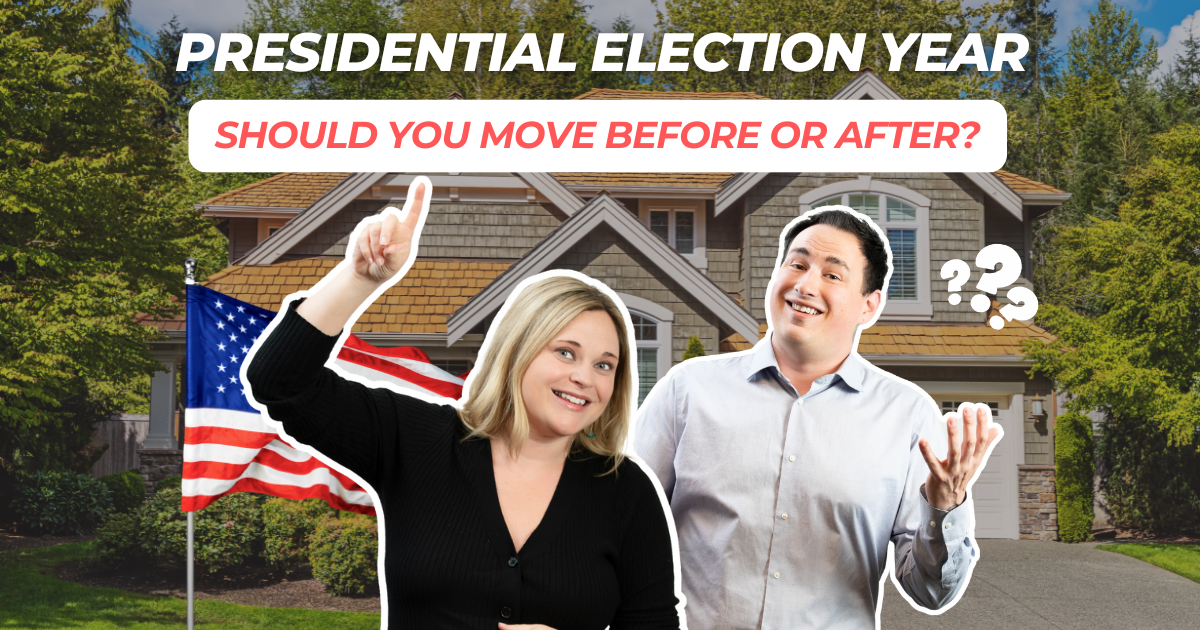With the upcoming presidential election looming, many prospective homebuyers and sellers are wondering: how will the election affect the housing market? This concern is not uncommon, as political changes can often lead to uncertainty in the economy. However, the data offers some clear insights that can help guide your decision-making.
Seasonal Trends vs. Election Year Trends
Historically, home sales tend to drop in the fall, regardless of whether it’s an election year or not. In a typical non-election fall season, the market experiences a 9.8% decrease in sales, but during an election year, this drop is slightly larger at 15%. While that 5% difference may seem significant, it’s not a major decline compared to the overall market trends.
It’s also important to note that any sales dip seen during an election is often temporary. Buyers who may delay their home purchase during this time due to uncertainty tend to re-enter the market after the election is over. This creates what is often referred to as “pent-up demand.” Essentially, the people who need or want to buy homes will still do so, whether it’s before or after the election. This dynamic means that while sales may slow down, they’re likely to bounce back once the political dust settles.
Will the Election Cause a Market Crash?
A common concern during election years is that the housing market will crash if a specific candidate wins or loses. Some people even rush into the market, fearing that unfavorable political outcomes could lead to chaos in the housing sector. However, this worry is often more emotionally driven than based on historical data.
A look at home price trends during past election years, specifically from 1980 to 2020, shows that home prices have consistently risen after elections, with the exception of 2009. Of course, 2009’s market crash was tied to the broader economic crisis at the time, not the election itself. So, despite political changes, home values have remained resilient over the years.
What Should You Do?
Ultimately, deciding whether to buy or sell a home before or after the election shouldn’t hinge solely on political events. While elections do cause a brief dip in sales activity, long-term housing market fundamentals remain strong. The decision to buy or sell should be based on your personal financial situation, needs, and timing rather than external political factors.
If you’re uncertain, it’s always a good idea to consult with real estate experts who can provide you with data-driven insights tailored to your specific circumstances. The key takeaway is that the market isn’t likely to crash, and any slowdown is temporary—so your decision should focus more on your own goals than on the election outcome.
In conclusion, while elections may generate concerns, the housing market’s overall trajectory is likely to remain positive. It’s all about making the best choice for you and your future.
Join Johnny and Angela on this weeks Market Update video to hear more!

